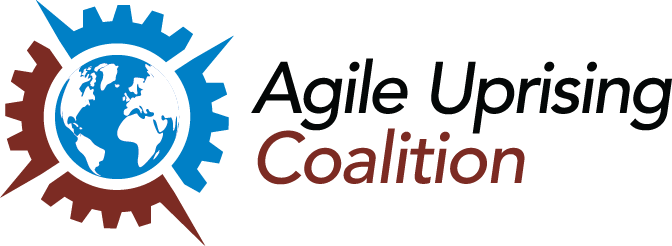Hi community!
I have recently been approached with two completely different agile coaching assignments: 1. Agile coach to help teams work with more test automation technically hands on. 2. Agile coach to work with a very large public sector organisation top down (only on the business side, not IT) to identify value streams to initiate a SAFe transformation and potenial reorg.
I think this illustrates how different an agile coaching assignment can be. I would guess that in a lot of cases, someone who calls themselves an Agile Coach might not feel completely comfortable helping with both of those assignments, as they are so different in nature… Although I’m sure there are exceptions.
My questions is: What is the definition of an Agile Coach? What different flavours are there? If someone asks for an Agile Coach, how do you qualify whether you can help them or not?

